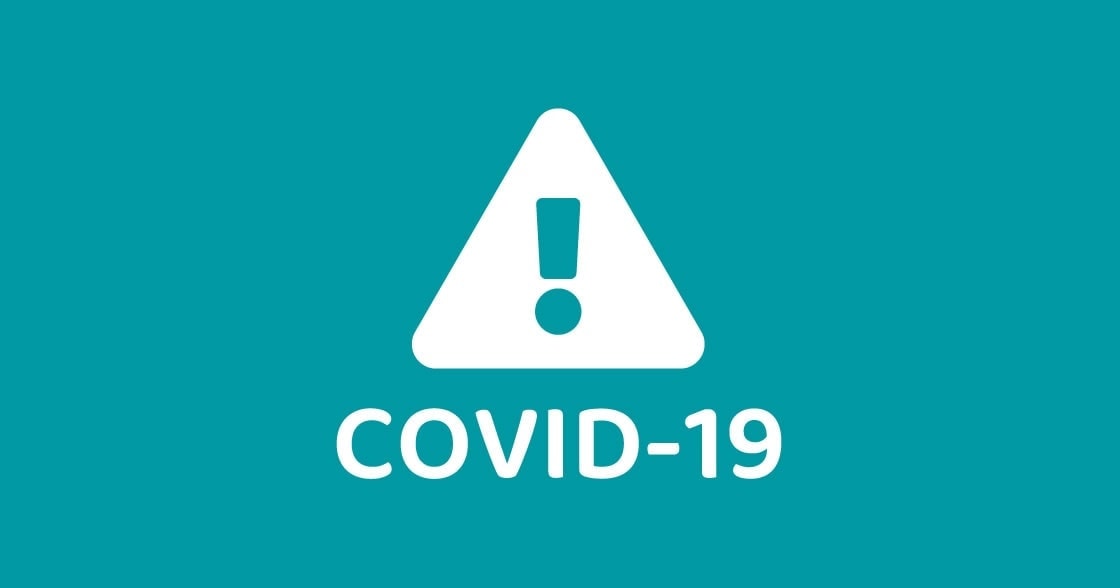When every vaccination matters
As case numbers and hospitalisations begin to decline, and the warmer months approach, Te Whatu Ora Waitaha Canterbury has a timely reminder that COVID-19 doesn’t rely on cold conditions to spread.
“Being up to date with your vaccinations is as important now as ever, because we know that COVID-19 is going to become our new normal,” said Senior Responsible Officer for Winter Planning, Becky Hickmott.
“Across the Waitaha Canterbury health system, there is a concerted effort underway by community health providers to increase vaccinations, specifically in areas of the community with lower rates.”
Local COVID-19 vaccination rates vary depending on eligibility. While primary vaccination rates are high, only three quarters of the community (76%) have maintained their protection through a booster, and only 10% of those eligible for a second booster have taken the opportunity. Tamariki vaccination rates vary between 26-40% across the region.
“Vaccination clinics are actually scaling up again to offer COVID-19 boosters, with additional pharmacies and general practices joining the vaccination programme each week,” said Becky Hickmott.
An equitable approach
“We are focusing our efforts to ensure that vaccinations are easily accessible by everyone. We work closely with Māori, Pasifika, migrant and disability health providers to support culturally appropriate and accessible vaccination services across the region,” Becky Hickmott said.
Some of the greatest successes of the local vaccination programme have been the mobile clinics. These targeted clinics reach small groups that might not otherwise have travelled to a vaccination centre, supporting communities to protect themselves and each other.
“It’s about going that step further to ensure culturally appropriate accessibility to vaccinations. Taking a whanaungatanga approach, demonstrating manaakitanga, and taking teams of vaccinators to where the need is,” said Becky Hickmott.
“Recently, for instance, Ngāi Tūāhuriri teamed up with vaccinators to bring whānau and the wider community together at Tuahiwi Marae. Likewise, the Māui vaccination clinic at South City is renowned for its warm and welcoming whānau approach, while health workers across the system are ensuring that any patient who has not enrolled with a health provider is supported to do so. A recent nurse vaccinator clinic in Ashburton assisted several Pasifika people to enrol with the local general practice.”
The BookMyVaccine website has now enabled group bookings of up to 30 people, so whānau groups can attend together, with translation and accessible options available.
Many vaccination clinics also provide flu and MMR (measles, mumps and rubella) vaccinations as well, making it easy for people to ensure they are fully up to date.
“The reality is that although we’re doing more than 10,000 vaccinations a week, rates for tamariki and for second boosters are still too low in Canterbury. Despite the downward trend for new community cases in Aotearoa, there are still high levels of COVID-19 infection in the community.
“It’s particularly important that you have the booster dose or doses to protect you against severe disease.
“Everyone aged 50 and over is now eligible for their second booster dose six months after their first booster. If you've had COVID-19 it is recommended you wait 3 months after testing positive before getting any COVID-19 vaccination.
“We will continue to focus on these vaccinations so that our community is prepared for the inevitable next wave of COVID-19, and to raise all vaccination rates for general community health,” Becky Hickmott said.
“People can find their nearest vaccination clinic online at bookmyvaccine.nz or by calling the COVID-19 Vaccination Healthline on 0800 28 29 26.”
ENDS

